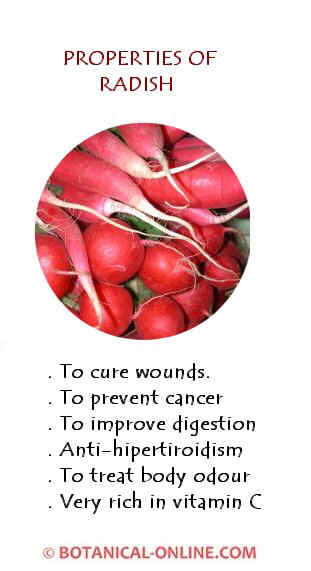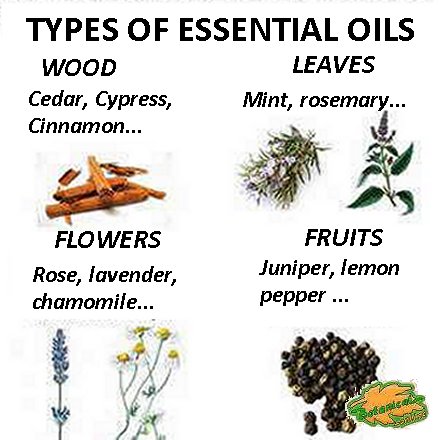Classes of vitamins that are water soluble
PROPERTIES OF WATER-SOLUBLE VITAMINS
What are water-soluble vitamins?
Fat-soluble vitamins are a type of vitamins that are dissolved in water.
These vitamins are essential components in our diet that the body needs to function properly.
Sources of water-soluble vitamins
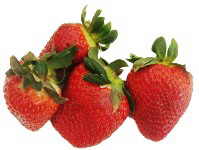
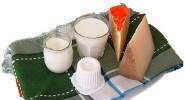
Fruits,like strawberries, are rich in vitamin C. Milk and its derivatives contain vitamin B12
They are found in water, and, therefore, in foods rich in proteins and carbohydrates, such as cereals, legumes, vegetables, fruits, eggs (especially in egg white), meat, fish, milk, etc.
Dangers of water-soluble vitamins

Vegetables are rich in folic acid.

Cereals are rich in vitamin B1, B2 and B3.
In general:
- Water-soluble vitamins do not pose health risks because they do not accumulate in the body, so you do not reach doses of toxicity.
- Unlike fat-soluble vitamins, they can not be stored in the body (Except vitamin B12, which is stored in the liver).
- The excess of water-soluble vitamins is eliminated in the urine, so it is necessary to take them daily.
- Within the group of vitamin B, we must be cautious with vitamin B6, niacin and folic acid.
- An excess of vitamin B6 (more than 2000 mg daily or a prolonged use of about 200 or 300 mg daily) can cause nerve problems and seizure with loss of feeling in the hands and feet.
- An excess of niacin supplements can affect the liver and redden the skin.
- The excess of folic acid can hide a lack of vitamin B12 or cause attacks of epilepsy in those who have this disease.
- Vitamins B1, B2, B7 or biotin do not show symptoms of intoxication.
List of water-soluble vitamins
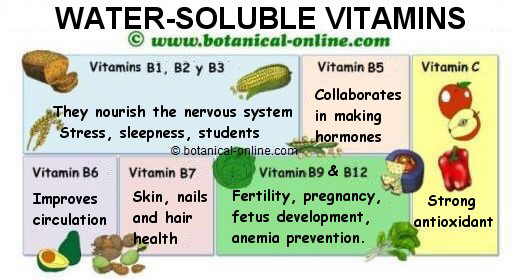
There are 9 water-soluble vitamins: vitamin C and the whole vitamin B complex (folic acid, pantotheic acid, biotin, cobalamine, niacin, riboflavin, pyridoxine and thiamine)
What about lipoic acid ?
![]() More information on vitamins
More information on vitamins



